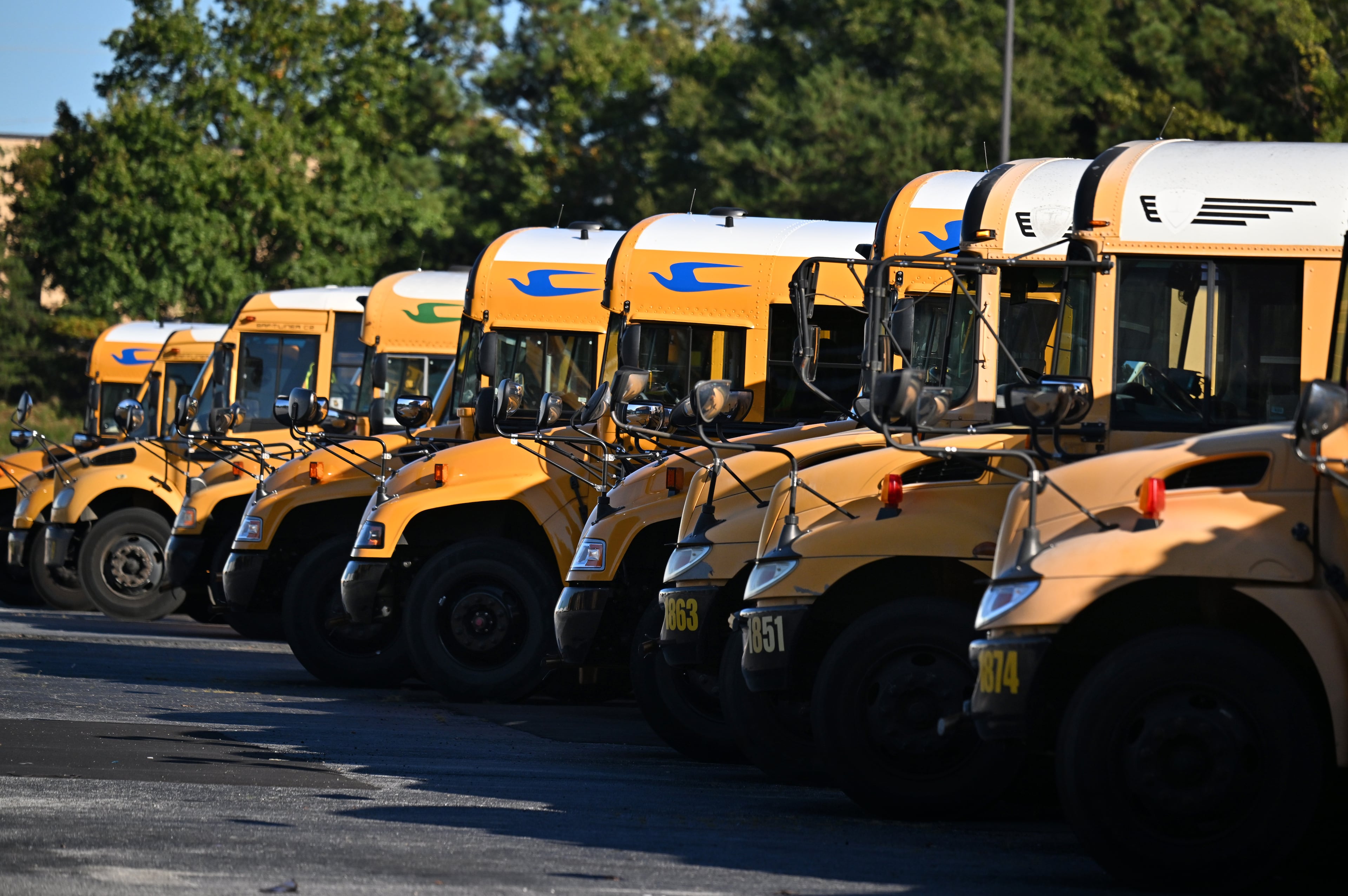Chaotic opening day for some at Georgia online school

The first day at Georgia’s largest online school was a frustrating one for Alexis Phelps, whose daughters couldn’t log in due to a legal battle between the school and one of its vendors.
“It’s the second day of school and we still don’t have computers,” Phelps said on Tuesday. She said she told Georgia Cyber Academy several times that the family had returned their computers to K12 Inc. after the charter school split with the company, yet the school contacted her to ask why her daughters had failed to sign into class on Monday.
“How many ways do we have to tell them that, ‘Hey, we don’t have the equipment you said we would receive’?”
Phelps’ daughters were among roughly 80 of the charter school’s 10,000 students who were in a similar predicament, according to the school, which said computers were on the way. They were victims of the chaos that has followed the school’s attempts to replace K12 with other vendors.
The computers that K12 had previously issued families had locked down in late July, displaying messages that ordered their immediate return. Then, a Facebook post on Friday that appeared to be from the company, said the school had failed its “basic responsibility” to give every family a computer in time for opening day, so the company, “in support of GCA families,” was reactivating them.
The post did not reveal that an arbitrator had ordered the reactivation, according to correspondence between attorneys obtained by The Atlanta Journal-Constitution through the Georgia open records act.
A lawyer for the school complained to the arbitrator Friday that the post was a “misrepresentation” and “per se defamation.”
A spokesman for K12 said in an emailed statement that the company had “fulfilled its obligations in activating computers” and that there had been no defamation. The statement also said K12 was complying with a demand by the school for its student data.
The school contends the company failed to return student data lost during the split. The emails say K12 indicated on Monday that it would only restore the records, which include student transcripts, if the school submitted open records requests, and that private information would be redacted.
That prompted the State Charter Schools Commission, which oversees the school, to issue a threat on Tuesday, after the commission-imposed deadline to provide the records by noon had elapsed.
A lawyer for the commission sent a letter to the company that called K12’s open records request requirement “puzzling,” since the records belonged to the school and “no redactions or exclusions would be necessary or appropriate” when the records were going to the school.
The commission ordered K12 to return full access to the records, saying continued delay in the return of the school’s “rightful property” would cause more disruption “and represent a violation of the law.”
K12 said the commission was acting based on “misinformation” from the school.



